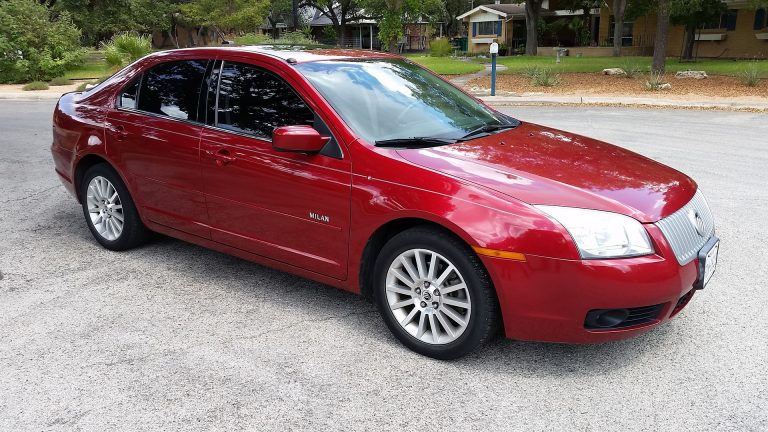Subrogation in an auto insurance claim is the process in which your auto insurance company works on your behalf to collect from the other party’s insurance company if your vehicle has been damaged and it is believed that the cause of the damage was the other party’s fault.
In addition to physical damage to your vehicle, you may have incurred other expenses as well as the result of an accident. Some of these losses may fall within the scope of an auto insurance claim, such as auto rental or other travel expenses. Your auto insurance company will typically make their own internal determination regarding who is at fault or if fault was shared based upon their own investigation and by third-party information such as police reports. This determination will guide whether or not the claim is coded as at fault or as not at fault and may affect insurance rates for your policy or policies.
What about my deductible?
Assuming that your policy has a deductible, your deductible when used toward a subrogated auto insurance claim is the last thing to be paid back, if it is paid back to you at all. This possibility is something to bear in mind when choosing a deductible, and in choosing whether to file a claim through your own insurance company. If the other party is at fault, it may be better (but not always easier) to file the claim through the other person’s insurance company.
So, if you have a $500 deductible and your vehicle is rear-ended by another driver while you are stopped at a traffic light, this example would be one where the other party would likely be deemed at-fault by your insurance company. In this case, and assuming that you place the claim through your own insurance company as opposed to contacting the other party’s insurance company, your insurance company will pay for your claim if you carry the coverages which would be applicable.
You would still be responsible for the deductible which may be refunded to you at a later date, or partially refunded. There still exists the possibility that you will not get your deductible back at all. If you are utilizing a larger deductible to help keep your premium lower, this may be a larger concern.
How can an at-fault accident affect my rates?
The concept of being at-fault or not at fault not only guides the process of the claim, but can also affect your insurance rates. Maybe you were benefiting from a 10% discount for being accident free for a certain period of time. An at-fault claim can eliminate that discount, effectively raising your rates by the same 10% you’d been discounted. It may take several years, and in some cases up to a decade, to regain that same level discount.
It is possible to be not-at-fault and to pay anyway. If a claim is subrogated, meaning your insurance company is working or your behalf to collect on the claim, and the other insurance company does not believe their customer is at fault, they aren’t likely to pay on their own volition. The next step is called arbitration. In this event, an impartial third party with no financial interest with either side helps to decide who is at fault, or in some cases who is partially at fault, and who should pay whom, if any payment is made at all.
There are cases where no decision comes of the arbitration process and therefore no award is given. By award, they mean money given from one insurance company to the other, or not given in the case of no award. This award, if one is awarded, is where the deductible would be paid from if it were to be refunded to the insured making the claim. So, it is possible to be not-at-fault as determined by your own insurance company and to still be out the cost of your deductible, as well as some other related costs such as car rental or travel expenses.
In a subrogated claim, if no award is given through arbitration and you still wish to collect for damages, your insurance company typically cannot help you beyond what has already been done on your behalf. The other party’s insurance company has already given their position stating that their insured customer is not at fault and they aren’t likely to pay for your losses unless forced to by a court ruling. You have the option of contacting the other party directly or to pursue the matter in court.
Should I file the claim with my own auto insurance company?
Some auto insurance companies, as a matter of policy, encourage their agents to have all claims for their customers, whether at fault or not at fault, run though their claims department as opposed to filing the claim with the other party’s insurance company. The motive for this in most cases is probably to better manage the claims experience for the customer. There is likely a preference to not have the insured work with the other company at all. If the claim process is well-handled by the other company, the other party’s insurer might earn the business of the claim customer. However, as explained earlier, this policy of encouraging customers to place the claim with their own insurer can put the customer’s deductible at risk. As a consumer, just be aware that the choice is yours if you have a claim and you are not at fault.






